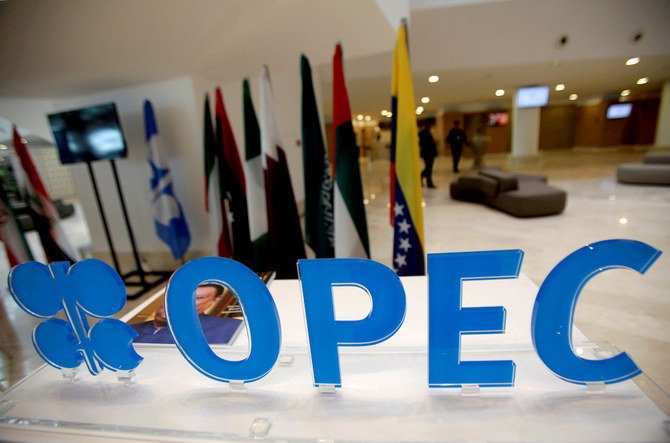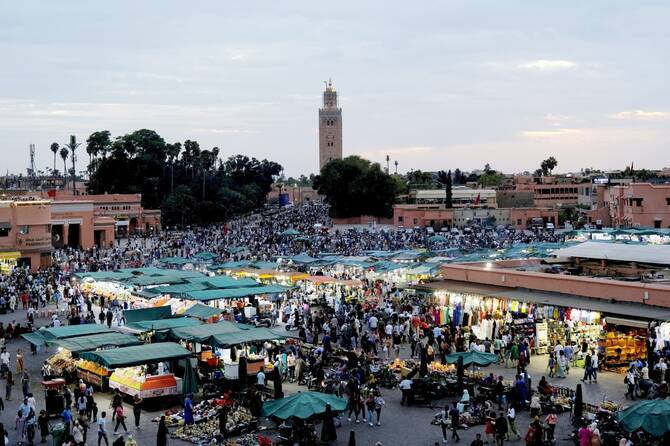Frank Kane
DUBAI: A crucial meeting of the energy ministers of OPEC+ was called off on Monday as the UAE insisted on conditions unacceptable to the other 22 members of the oil producers’ alliance led by Saudi Arabia and Russia.
The cancellation of the meeting — reconvened from last week — left global oil markets uncertain about how producers will meet rising demand as the pandemic recovery gathers pace.
Brent crude, the global benchmark, maintained its three-year high of about $77 a barrel after the cancelation.
Mohammed Barkindo, secretary-general of the Organization of Oil Exporting Countries, told ministers: “Upon consultations with Prince Abdul Aziz bin Salman, Minister of Energy of Saudi Arabia, and Alexander Novak, Deputy Prime Minister of the Russian Federation — chairman and co-chairman of OPEC+ — the reconvened 18th meeting has been called off.
“The date of the next meeting will be decided in due course and we will inform you accordingly. On behalf of the chairman and co-chairman, we regret any inconvenience caused.”
One energy official told Arab News: “It was notable that the meeting never even got started, and was called off rather than postponed.”
Proposals for a gradual increase of 400,000 barrels per day between August and the end of the year were rejected by the UAE because the country’s energy minister objected to a parallel proposal to extend the OPEC+ regime of output controls beyond the original cut-off date of next April.
That proposal was agreed on by the OPEC+ participants, including the two biggest producers Saudi Arabia and Russia, as a way of ensuring stability and flexibility in global oil markets into 2022, when rising demand, potential supply fluctuations, and possible pandemic resurgence could increase volatility.
Prince Abdul Aziz made clear that the planned output increases and the OPEC+ extension were essential to ensure that stability. “The extension is there in the agreement, it is not a branch of it,” he said on Saudi TV on Sunday.
The UAE objected to the extension on the ground that its output had been set “unfairly” from a low base in the 2020 deal that brought some calm back to markets roiled by the pandemic recession and fall in demand.
Despite the UAE’s hardening position, some experts believe that there is still room for a compromise.
Robin Mills, chief executive of energy consultancy Qamar Energy, told Arab News: “We will have to see if a compromise can be reached in the next few days — perhaps a delay in extending the agreement while baselines are assessed, or a compromise increase in the UAE baseline.”






















